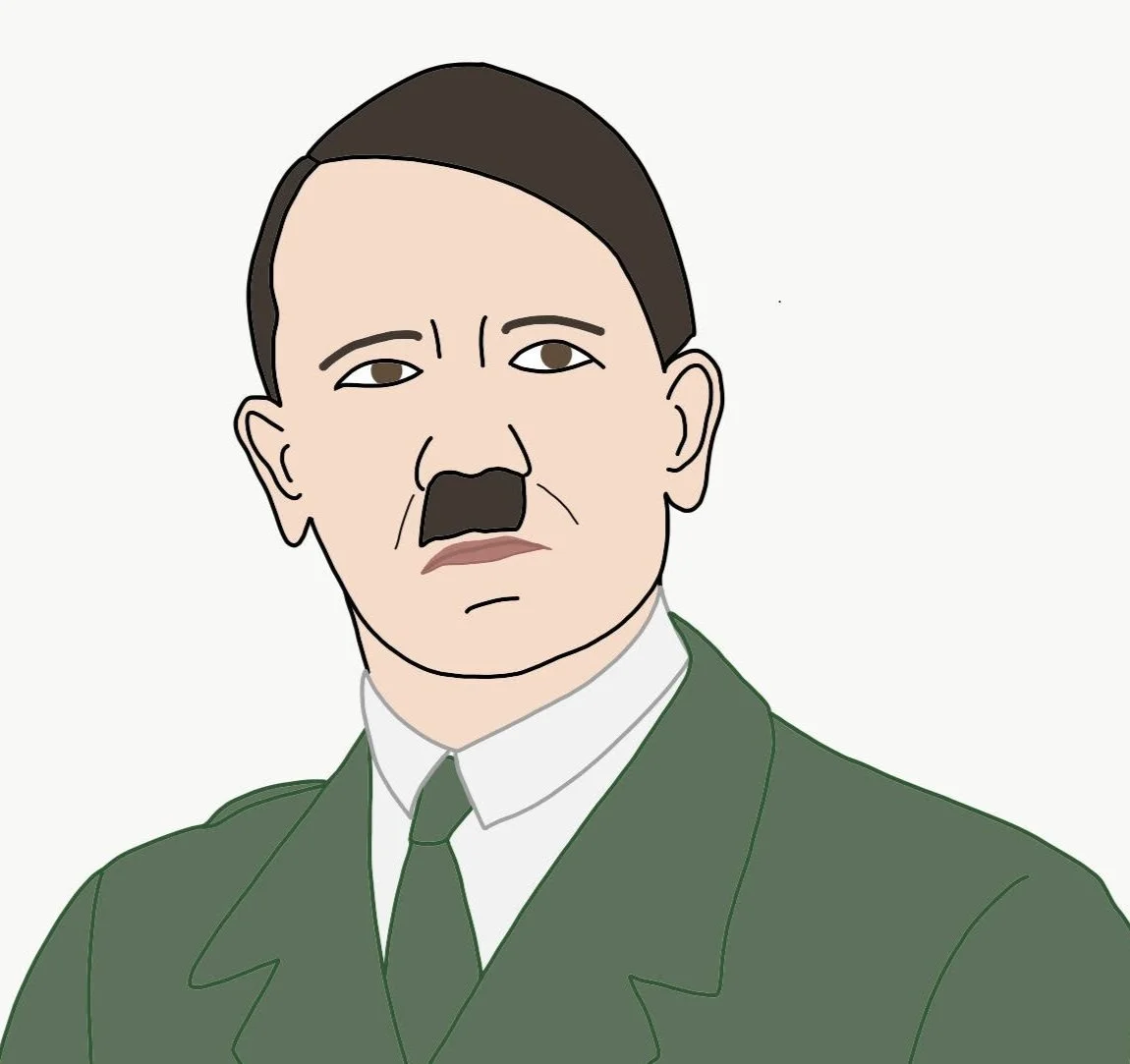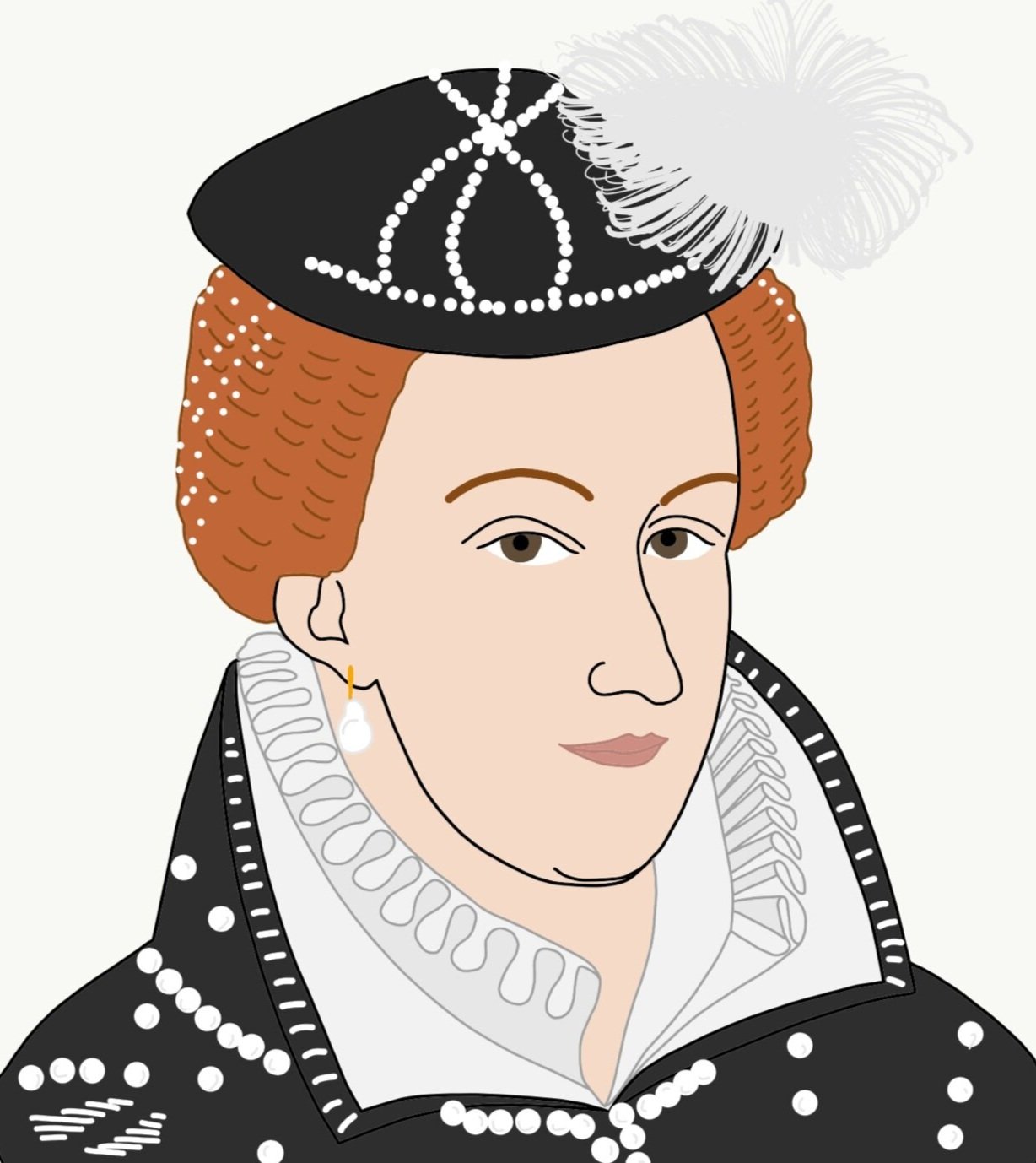March 6th - 12th
“Let’s hope the snow set to hit us this week isn’t as bad as the snowstorm that hit Britain on 9th March 1891...”
On 6th March…
1340 - John of Gaunt was born. He was the third surviving son of King Edward III and although John never became king, his son, Henry Bolingbroke, became King Henry IV.
1475 - The Italian Renaissance artist, Michelangelo was born. His famous works of art include the ceiling of the Sistine Chapel in Rome, and the statue of David.
Aspirin is trademarked
1899 - The painkiller Aspirin was trademarked by Bayer.
Did you know that the painkiller was originally made from a chemical found in the bark of willow trees? Willow was used by ancient civilisations such as the Egyptians as an anti-inflammatory and pain reliever for general aches and pains. In Ancient Greece, Hippocrates gave willow leaf tea to women to relive the pain of childbirth.
On 7th March…
161CE - Antoninus Pius, the Roman Emperor died. The Antonine Wall in Scotland began construction during his reign and is named after him. If you could have something named after you what would it be?
321CE - Sunday was declared a day of rest by the Roman Emperor Constantine I. We’re certainly glad he did that, are you?
The telephone is patented
1876 - Four days after his 29th birthday, Alexander Graham Bell patented the telephone.
Hitler begins to provoke Europe
1936 - Hitler broke the Treaty of Versailles by sending over 20,000 troops into the demilitarised zone along the river Rhine. The zone had been established after World War I to prevent Germany from attacking France.
On 8th March…
1775 - An anonymous essay was published in the Pennsylvania Journal (an American newspaper) titled African Slavery in America. The essay highlighted the inequalities and injustices incurred upon the slaves in America and paved the way for the country’s first anti-slavery society to be set up. Many people believe that a British writer from Norfolk called Thomas Paine wrote it because he was responsible for many other essays all championing equal rights. His views on equality were often shunned at the time but he is now hailed as a hero for standing up for the rights of all mankind.
1917 - The February Revolution began with riots and strikes in St Petersburg. This was the first phase of the Russian Revolution which brought an end to the Russian royal family and the beginning of communist rule in Russia. Communism is a political system which tries to create a classless society, so that everybody is equal - the land, the mines and factories etc are all owned by the people, and the wealth is distributed equally amongst everybody. (Although it was in March, it was called the February Revolution because Russia still used the Julian calendar at that time which was 11 days behind the Gregorian calendar that the majority of Europe had begun to use.)
On 9th March…
A queen witnesses a gruesome murder
1566 - David Rizzio the secretary to Mary Queen of Scots was murdered. He was dragged away from having dinner with Mary and a small group of guests and stabbed to death. He was stabbed over fifty times in front of the Queen. Rumours at the time suggested that Lord Darnley, was jealous of Rizzio’s friendship with the queen and that Rizzio was the father to Mary’s unborn child.
1891 - A great storm began to attack the south of England and would last for four days. It was so fierce that over 200 people and about 6,000 animals died. There were snowdrifts nearly 5m high, burying trains and trapping passengers for days, people ran out of food and coal or wood for their fires. The storm took people by surprise because in the morning it was a calm day but by the afternoon a north-east wind had begun to pick up and bring the snow. By the 14th March the weather began to settle but it would take months before all the snow had disappeared from Dartmoor.
Can you imagine being stuck in a snow drift? What would you do? How would you keep warm to survive?
1934 - The first man in space, Russian cosmonaut, Yuri Gagarin was born in the Soviet Union (now Russia). Are you brave enough to have been the first person in space? Is there anything you’d like to be the first to do?
1945 - World War II - 334 US B-29 bombers attacked Tokyo with 120,000 firebombs. The operation was codenamed Operation Meetinghouse, the bombings and resulting fires caused much greater damage and loss of life than the nuclear bombings of either Hiroshima or Nagasaki. It is reported that over 80,000 people were killed in one night, and over a million people were left homeless as a result of the air raid. The Japanese people call this event the Night of the Black Snow.
On 10th March…
The first telephone call is made
1876 - Three days after patenting his new invention, Alexander Graham Bell made the first telephone call to his assistant in the next room. His famous words were, “Mr Watson, come here I want to see you.” Can you imagine a world without telephones? How would you contact your friends and family? Perhaps you would write to them or visit them more often, or do you think you’d try and invent a machine like a telephone?
On 11th March…
1702 - England’s first daily newspaper was published by a woman called Elizabeth Mallet. The Daily Courant was just a single sheet of paper with two columns of news on one side and adverts on the back. Elizabeth wrote the paper pretending to be a man and claimed only to provide the facts without allowing her opinion to blur anything printed. Why do you think she pretended to be a man writing the paper?
On 12th March…
1894 - Coco-Cola was sold in bottles for the first time. Before this it was sold as a fountain drink (similar to how it is often served in a pub) and poured into a glass by the vendor.
Speed limit for British roads is introduced
1935 - Britain established a 30mph speed limit for towns and villages in a bid to reduce the number of deaths caused by dangerous driving. The year before this law was made there were over 2 million motor vehicles on Britain’s roads and 7,343 fatalities. In 2020 there were nearly 39 million vehicles on the roads with less than 2,000 fatalities. There were however, over 25,000 injuries caused by vehicles.
Do you think that introducing the speed limit worked? What do you think of the lower 20mph speed limit being introduced to many roads?





